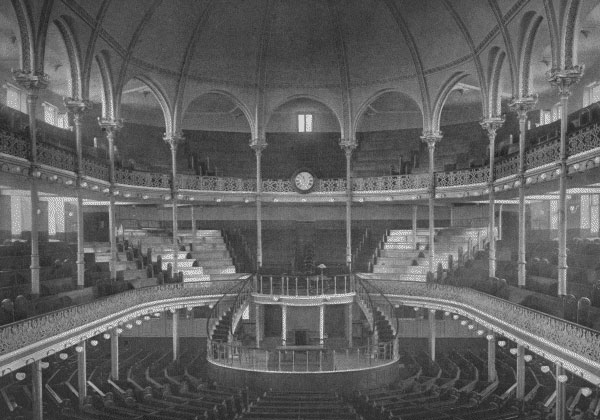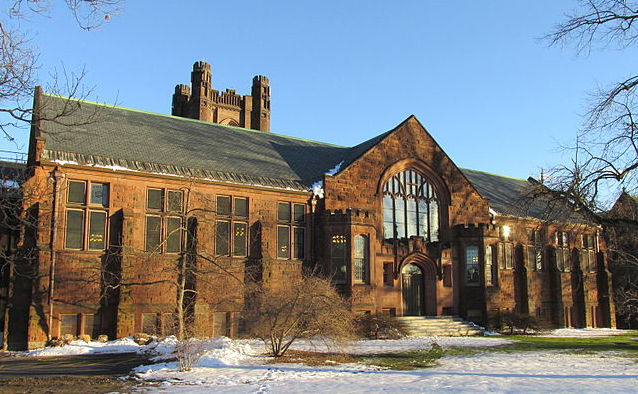The “Jefferson Bible,” or “The Life and Morals of Jesus of Nazareth” is arguably the most controversial religious book in American history. Although some popular Christian writers have tried to claim Jefferson as a Christian, he was actually a Unitarian, naturalist, and skeptic whose contempt for traditional Christian doctrine became more clear in his retirement.
Jefferson reviled beliefs like the Trinity and the virgin birth as irrational and implausible. He said that he looked forward to the time “when we shall have done away the incomprehensible jargon of the Trinitarian arithmetic, that three are one, and one is three.”
Jefferson did consider himself a Christian, but not one of the sort that TGC readers would recognize. He wrote in 1803 that “to the corruptions of Christianity, I am indeed opposed; but not to the genuine precepts of Jesus himself. I am a Christian, in the only sense in which he wished any one to be; sincerely attached to his doctrines, in preference to all others; ascribing to himself every human excellence, & believing he never claimed any other.” In other words, he revered Jesus’s teachings, but did not believe that Jesus ever claimed to be divine.
Jefferson was convinced that Jesus’s followers had imposed the claims of divinity on him after Jesus died. This accounts for the shape of the Jefferson Bible, which was Jefferson’s multi-language edition of the Gospels. Jefferson used a pen-knife to remove sections of the Gospels that he found unreliable, especially a number of the miracles attributed to Jesus.
In last verse of the Jefferson Bible, Jesus’s disciples “rolled a great stone to the door of the sepulchre, and departed.” There was no resurrection in Jefferson’s edition. The Jefferson Bible was not published until the early 20th century, but it illustrated his Unitarian view of Jesus as a preeminent moral teacher, and nothing more.
Unlike many of Christianity’s critics today, Jefferson was deeply familiar with the Bible. He had to be in order to produce the Jefferson Bible. But Jefferson clearly put his own standards of rationality above the authority of Scripture. Lots of people implicitly cut out parts of the Bible they don’t like. Jefferson literally did so.
Learn more about Jefferson’s religion in my new book, Thomas Jefferson: A Biography of Spirit and Flesh (Yale University Press).

















